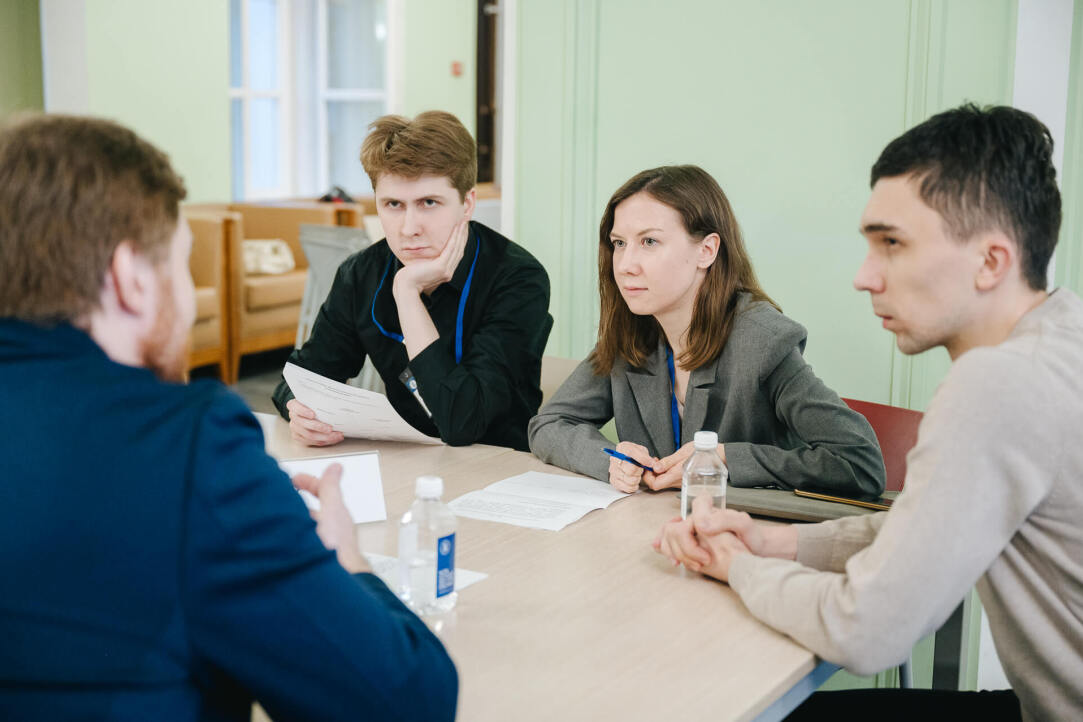
New Science: How Early-Career Researchers Reach New Heights
In the context of increasing global competition, countries arestriving to ensure technological sovereignty. Those who can ensure economic development and concentrate intangible assets and human capital are emerging as leaders. The growing demand for qualified staff leads to an increase in the role of universities and the demand for early-career scientists. The challenges and opportunities for prospective specialists in the scientific community were discussed at the ‘StratPro Platform’ strategic session at HSE University.

Five Strategies for the Future: Key Achievements of HSE Strategic Projects in 2024
During the past year, scientists at HSE University have worked on five strategic projects aimed at advancing key areas essential to the development of modern individuals and society. Each of these projects is unique, yet they share common goals: creating innovative product solutions, generating fresh ideas for the economy, social sector, science, and education, and contributing to the university's research potential.
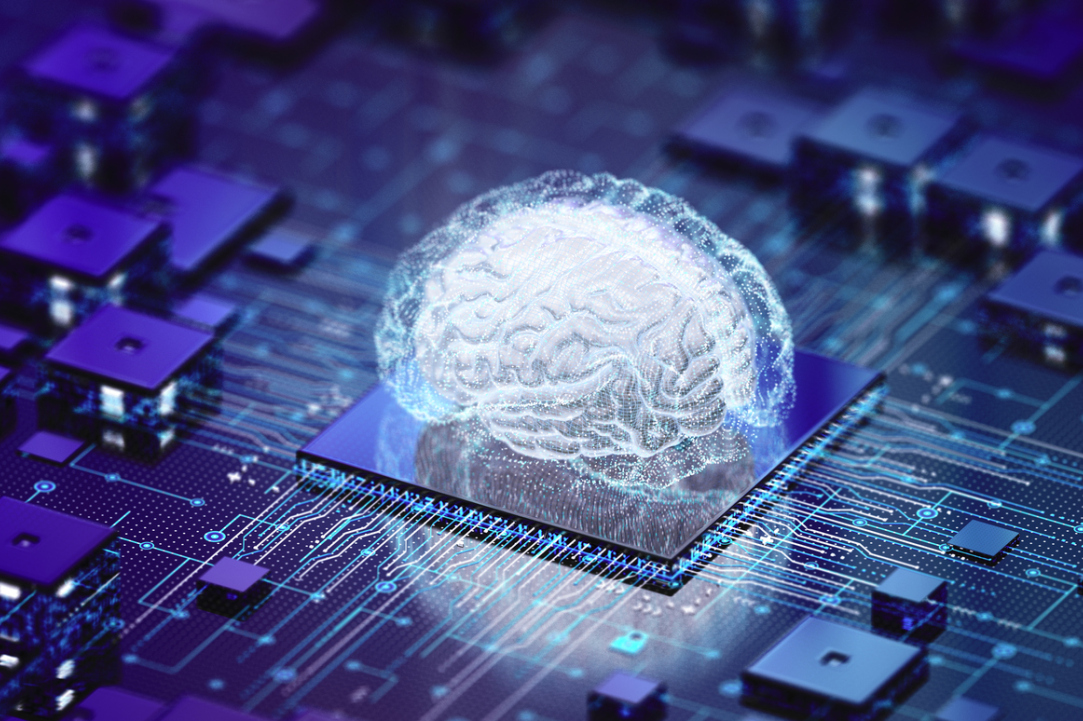
'We Are Creating the Medicine of the Future'
Dr Gerwin Schalk is a professor at Fudan University in Shanghai and a partner of the HSE Centre for Language and Brain within the framework of the strategic project 'Human Brain Resilience.' Dr Schalk is known as the creator of BCI2000, a non-commercial general-purpose brain-computer interface system. In this interview, he discusses modern neural interfaces, methods for post-stroke rehabilitation, a novel approach to neurosurgery, and shares his vision for the future of neurotechnology.
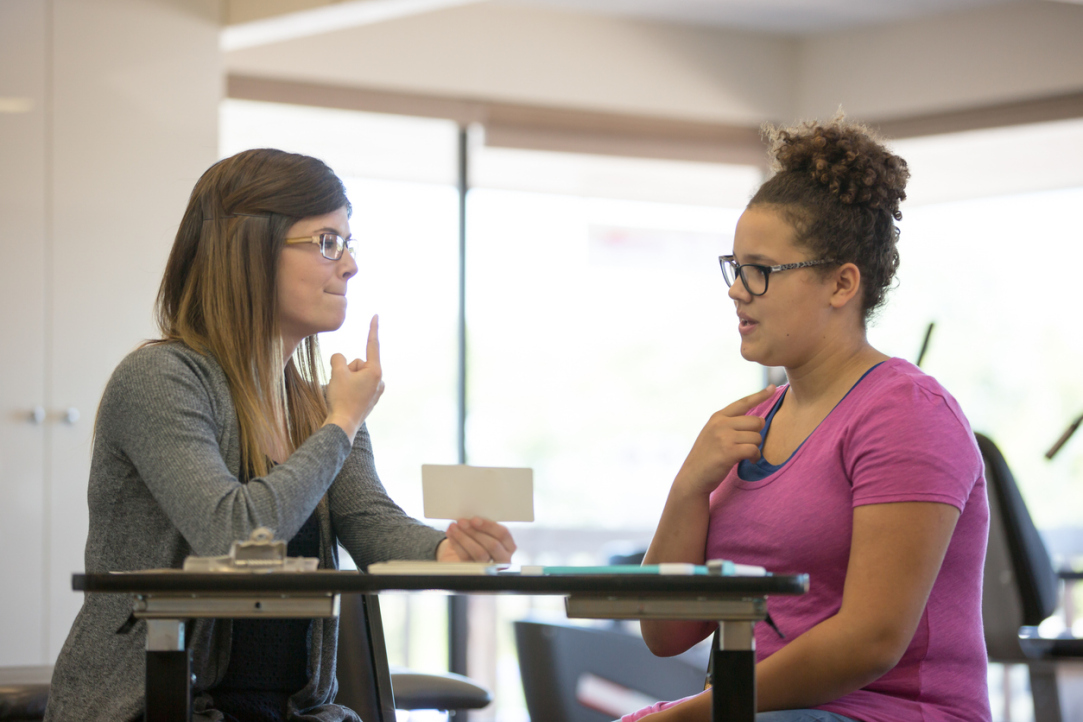
(Ab)normal Language: HSE Researchers Present Digital Tools for Assessing Mental Health Problems
Often, individuals with neurological or mental disorders exhibit distinctive language patterns. In modern clinical practice, digital tools can play a significant role in supporting language therapy and rehabilitation for persons with language disorders. Additionally, in the future, digital tools could assist healthcare specialists in assessing the severity of symptoms associated with such disorders.

Exploring Research Prospects and Collaboration Opportunities: Discussion of Strategic Projects Held at HSE University
On June 26 and 27, HSE University at Pokrovka hosted a discussion of potential partnerships between the university's research teams and strategic projects under the Priority 2030 programme. During the two-day session, the heads of strategic projects presented the main areas of their ongoing research, highlighted some of the key results achieved, and shared their vision for involving new researchers in the projects.

Keep Your Eyes On: A Prospective Device for Self-Monitoring Vision
As part of the Strategic Project 'Success and Self-Sustainability of the Individual in a Changing World,' scientists at HSE University have conducted a study to develop an electronic device designed to reduce the risk of occurrence and progression of eye diseases.
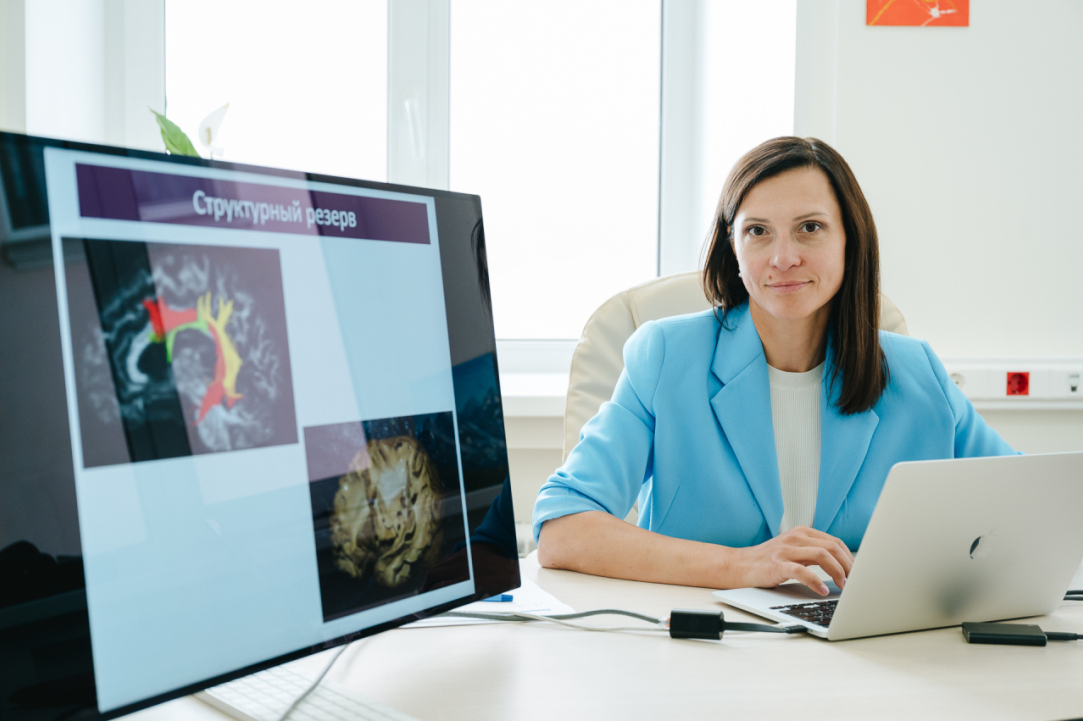
'While it May Sound Futuristic, It Holds Great Promise': Olga Dragoy Shares Her Thoughts on Language Function Restoration and the Future of Neurotechnology
In the spring of 2023, the fifth strategic project of the Priority 2030 programme, 'Human Brain Resilience: Neurocognitive Technologies for Adaptation, Learning, Development and Rehabilitation in a Changing Environment,' was launched at HSE University. The strategic project brings together researchers from all campuses of HSE University. In her interview with the HSE News Service, Olga Dragoy, head of the strategic project and Director of the HSE Centre for Language and Brain, shares an overview of the advanced technologies neuroscientists are creating today, the underlying inspiration driving these efforts, and the operational dynamics of interdisciplinary applied projects.

‘It Was Great to Look at Scientific Achievements through the Eyes of a Journalist, not a Scientist’
HSE University in Nizhny recently hosted the 2nd Autumn Neuro-linguistic School ‘NeuroSciCom: Popularising Language and Brain Studies’ for scientists and students at the HSE Centre for Language and Brain Studies in Nizhny Novgorod. The school was held as part of the 'Human Brain Resilience: Neurocognitive Technologies for Adaptation, Learning, Development and Rehabilitation in a Changing Environment' Strategic Project of the Priority 2030 programme.

Card Index: 'Success and Self-Sustainability of the Individual in a Changing World'
To achieve success and well-being, a modern person needs to keep up with ongoing social, economic, technological and cultural changes. However, in order to adapt to these, you need to be competent, healthy and active, develop cognitive abilities, acquire new skills and maintain friendships. All of this can expand people’s capabilities, revealing their potential. The HSE's unique multidisciplinary strategic project 'Success and Self-Sustainability of the Individual in a Changing World', which brings together educators, sociologists, psychologists, economists, biologists, physicians and digital technology specialists, helps to solve some of these tasks. Working together, they have managed to create a navigation system to improve human achievements for the benefit of the whole of society.
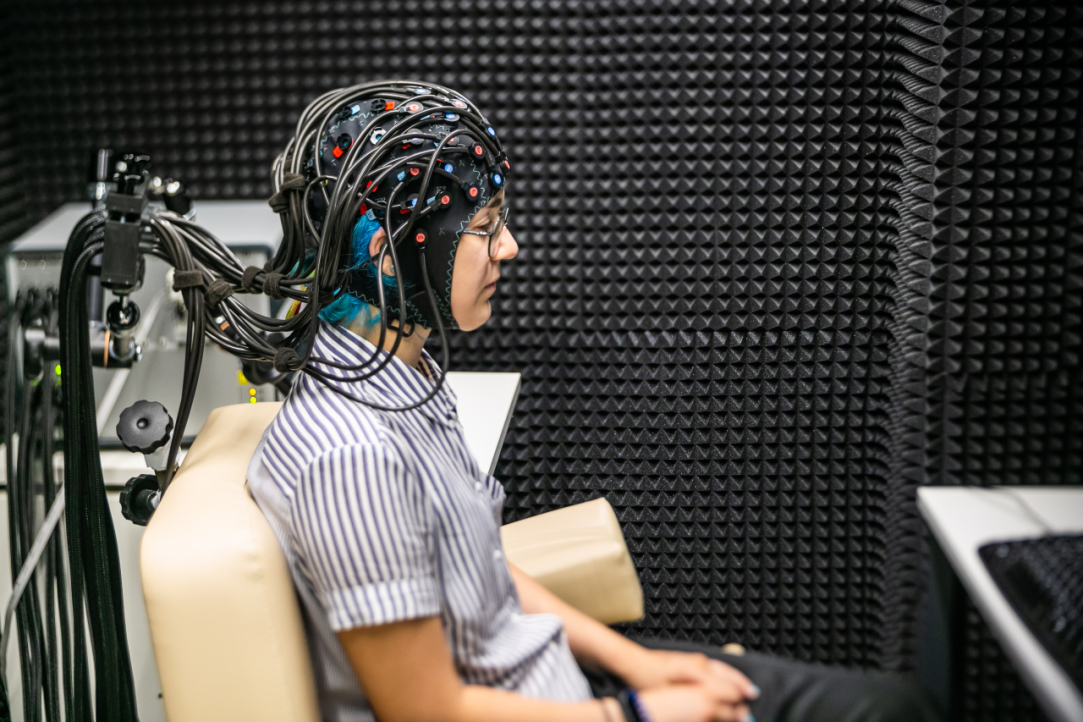
New Technologies for Preserving Brain Functions: ‘Not Magic, but Normal Engineering’
New methods of brain mapping will make it easier to identify the cortex areas responsible for speech functions and to perform operations on the brain, as well as reduce the likelihood of damage to important areas. In addition, this will allow for more frequent use of non-invasive methods for restoring speech and other functions lost due to injuries and illnesses.


Application deadline: June 23, 2025